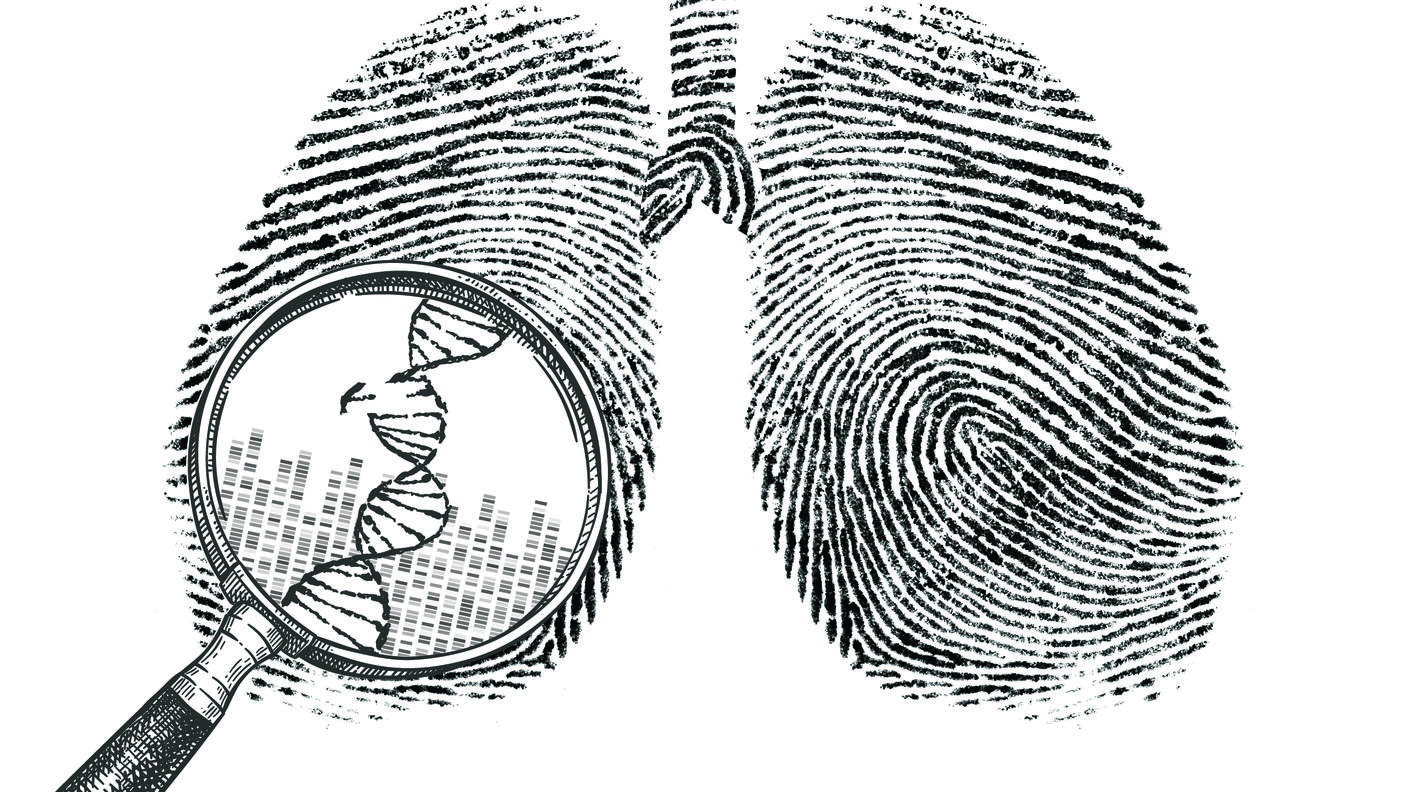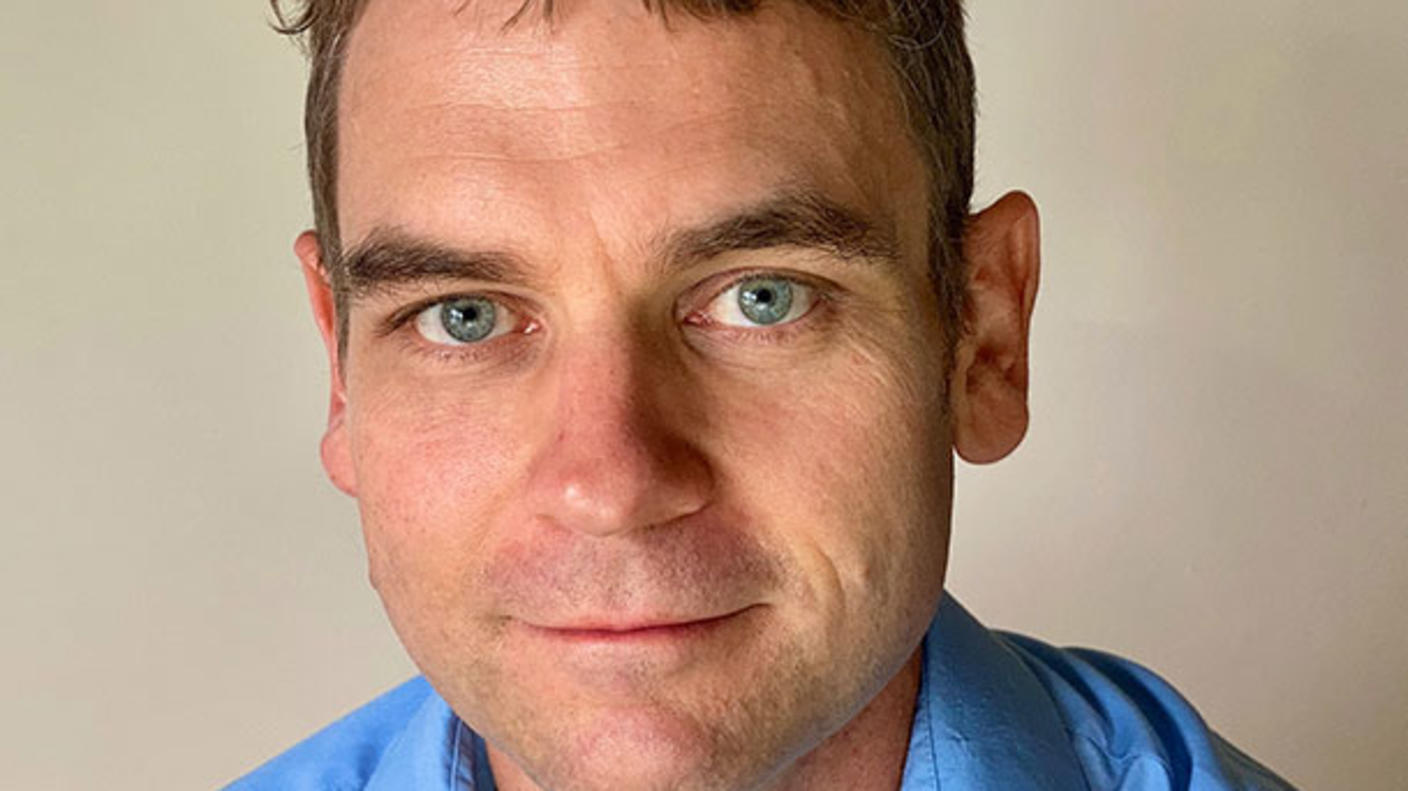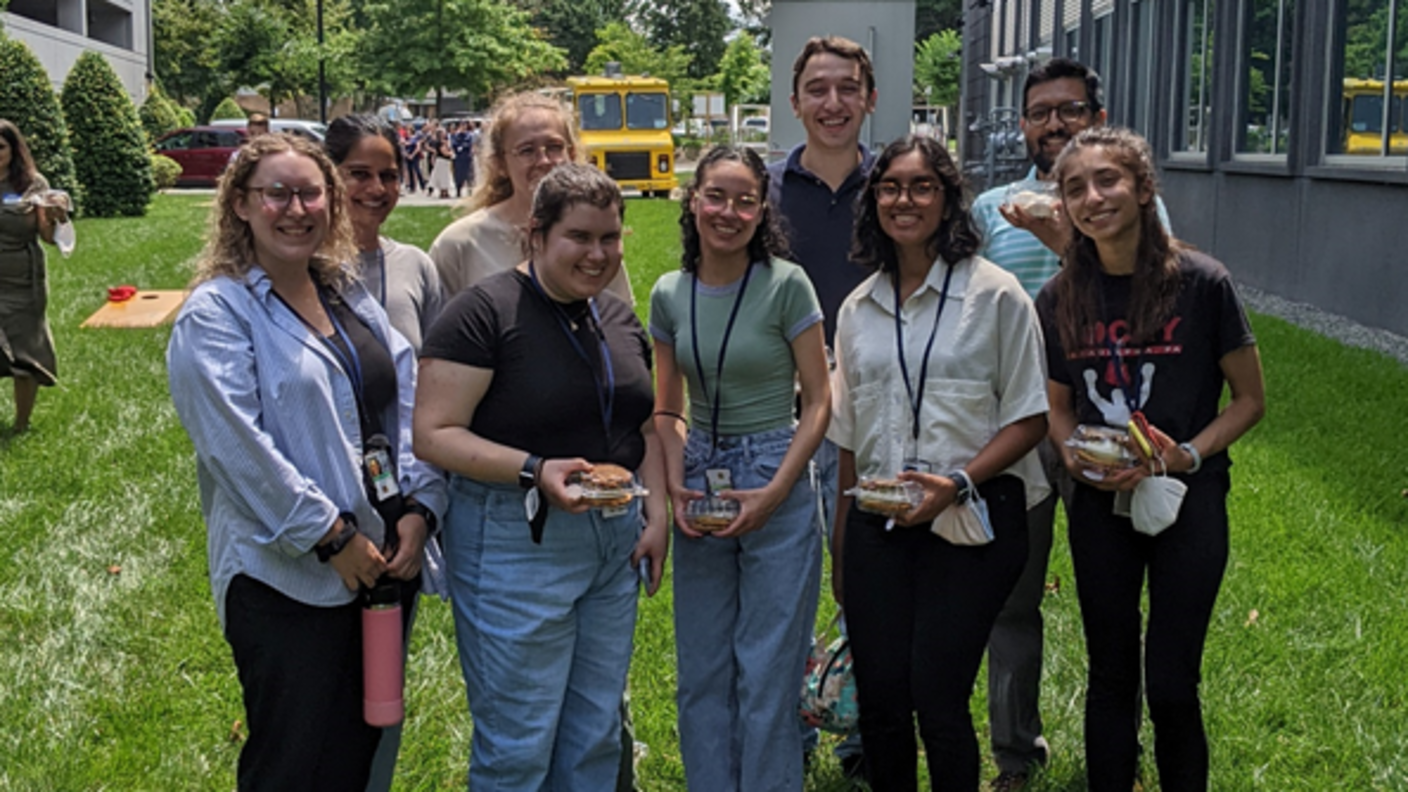
Discovering the causes of cancer and informing the means for prevention
-
Our Research
-
Research Tools
-
Join our Team
Featured News & Research
-
 Mobile DNA Elements Drive Aggressive Lung Cancer
Mobile DNA Elements Drive Aggressive Lung CancerNIH Press Release summarizes Sherlock-Lung study using large-scale, multi-omics analysis to identify biomarker of aggressive lung tumors.
-
 Alexander Keil Awarded Scientific Tenure by the NIH
Alexander Keil Awarded Scientific Tenure by the NIHDr. Keil is a methodologist known for his application of causal inference principles to develop methods for understanding effects of complex exposures on health
-
 Spend Your Summer with DCEG!
Spend Your Summer with DCEG!Summer 2026 Program Application Portal now open! For eight weeks between May and September, work under the mentorship of a Division researcher.

DCEG's Commitment to Training